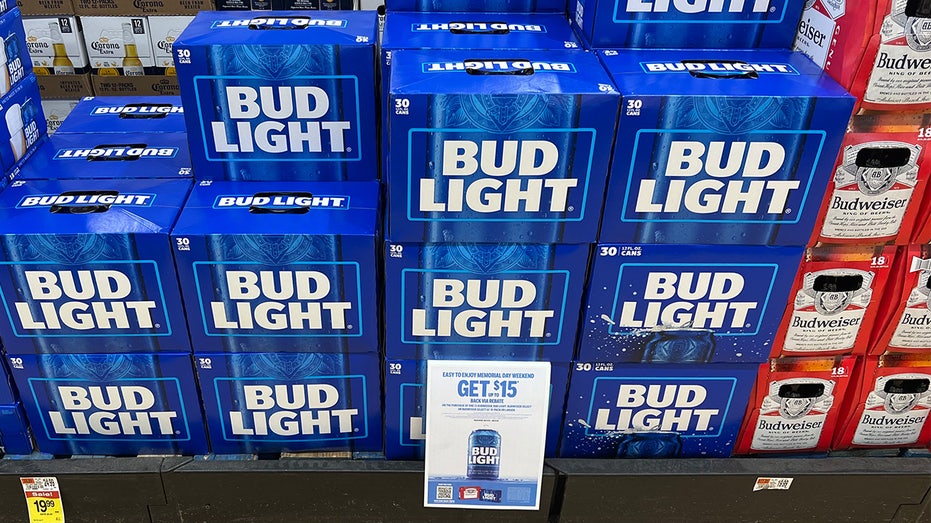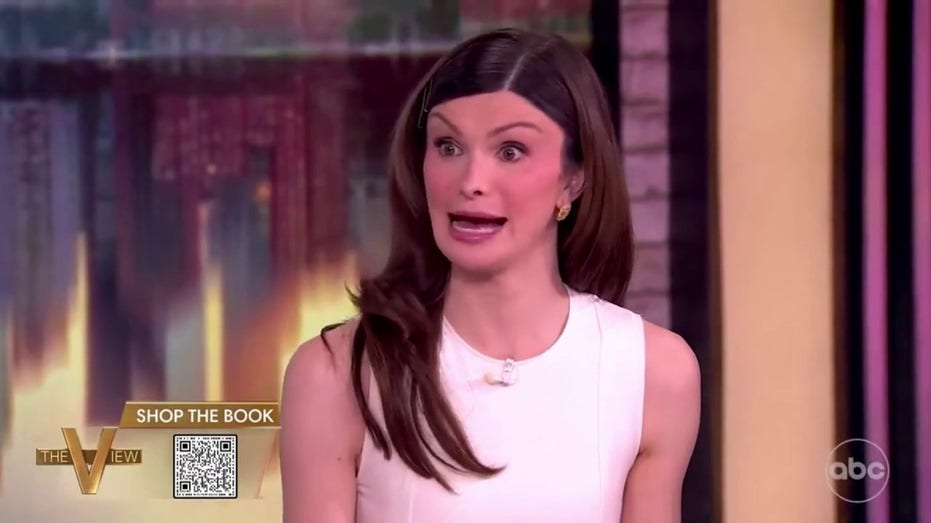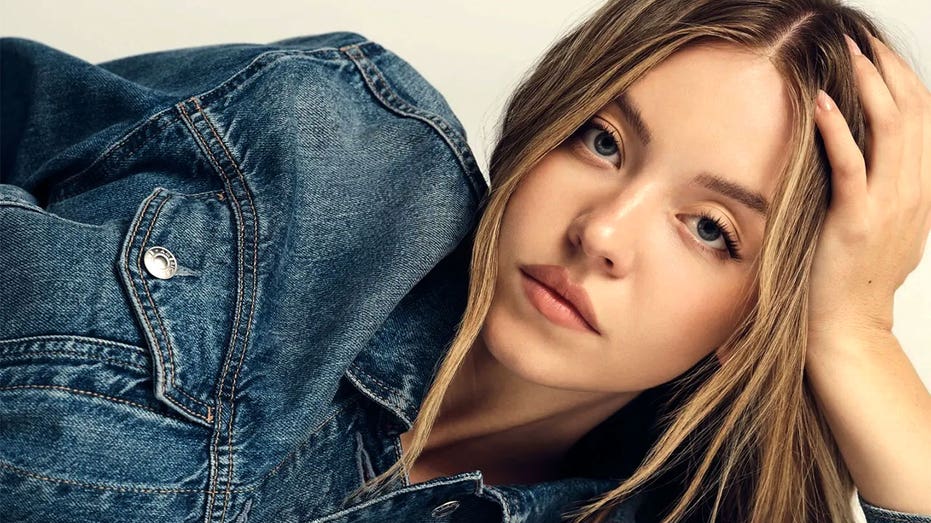

A former Bud Light consultant behind some of the company’s biggest ads is speaking out about how he feels the brand lost its way and what they can learn from American Eagle’s Sydney Sweeney ad.
John Immesoete, who worked as the Group Creative Director for DDB Chicago 1995-2005, was the force behind some of Bud Light’s iconic spots, including the Real Men of Genius campaign, told Fox News Digital that he attributes the takeover by InBev as a turning point for the brand.
"When InBev took over, they basically acted like they knew everything better than anyone else. They had their own ways of doing things. There was a famous quote they had with some guys in a meeting where they were showing all the work that was done in the past and there were a lot of Clyde sales commercials that were quite famous. Somebody at Inbev had said, ‘tell me this, how do horses help sell beer?’ It's like well, if you don't know, you don't know."

A former Bud Light creative consultant spoke out on Bud Light's big marketing mistake. (Alexa Moutevelis/Fox News Digital / Fox News)
Immesoete, who has just released a documentary "Once There Was a Brewery" which tracks the history of Bud Light and what led up to their catastrophic partnership with Dylan Mulvaney, said the beer company’s success can be attributed to an ethos spearheaded by its co-founder Adolphus Busch that "making friends is our business." He said that by partnering with Mulvaney, a transgender influencer, the brand needlessly alienated many of its fans and much of the country.
"I don't think that Dylan Mulvaney fiasco was necessarily just because this was a trans person. I think it was I think they did not do her a service by really giving her a bad script. It was a bad execution," Immesoete told Fox News Digital, "It didn't fit the brand character at all. Making friends is our business. I mean, this was a rather lonely video, somebody breaking the fourth wall. It wasn't an entertaining, funny story that people could relate to. It made it seem like her face was going to be on every can that was out there. That would be polarizing. I really couldn't reverse engineer that particular commercial to understand what they were trying to do."
Bud Light sparked a national outcry in 2023 after Mulvaney released a spot advertising Bud Light on social media. Boycotts ensued, and InBev, which took over Anheuser-Busch in 2008, experienced a $4 billion loss in market capitalization in the immediate aftermath. Bud Light lost its spot as the top beer in retail sales to Modelo.

Immesoete called the Mulvaney ad marketing's biggest disaster. (ABC screenshot / Fox News)
The beer maker's trouble grew when Bud Light advertising executive Alissa Heinerscheid, who left the company following the disastrous ad, said that Bud Light’s brand was categorized by "fratty, kind of out-of-touch humor" in a 2023 interview. Immesoete said that her comments potentially did more damage than the ad itself.
He feared that the Mulvaney ad may have done irreparable damage to the Bud Light brand.
"I don’t know if they can ever come back from being considered the biggest disaster in marketing advertising history," Immesoete told Fox News Digital.
Immesoete contrasted Bud Light’s Mulvany ad with American Eagle’s Sweeney ad, which saw the buxom blonde actress donning American Eagle Jeans with the slogan "Sydney Sweeney has good genes." This ad also triggered a social media firestorm, but in this instance, Immesoete said the backlash actually helped the brand.

Immesoete said that the Sydney Sweeney ad was far more effective than the Mulvaney ad. (American Eagle)
"The haters actually fueled its popularity. I think a lot of the consumers in that particular case, didn't agree with the haters, and it propelled it even farther. I'm sure that American Eagle is happy they did that ad. The people that didn't like it probably weren't their consumer to begin with. And that's not necessarily bad," he said. "I think with Bud Light, they tried to create advertising that would have, again, appealed to a very, maybe their social media bubble, but they didn't understand their broader consumer, which was, you know, the entire country."
Bud Light declined to comment.
